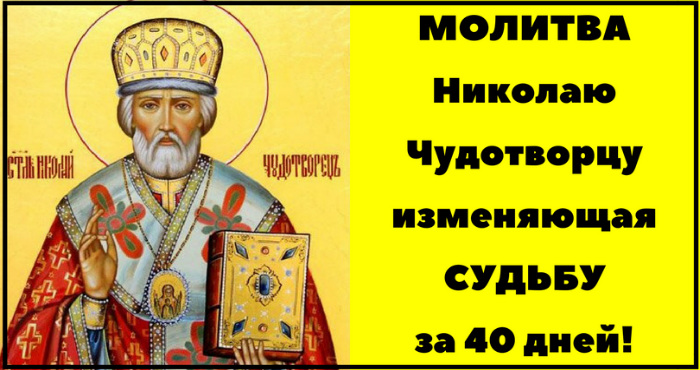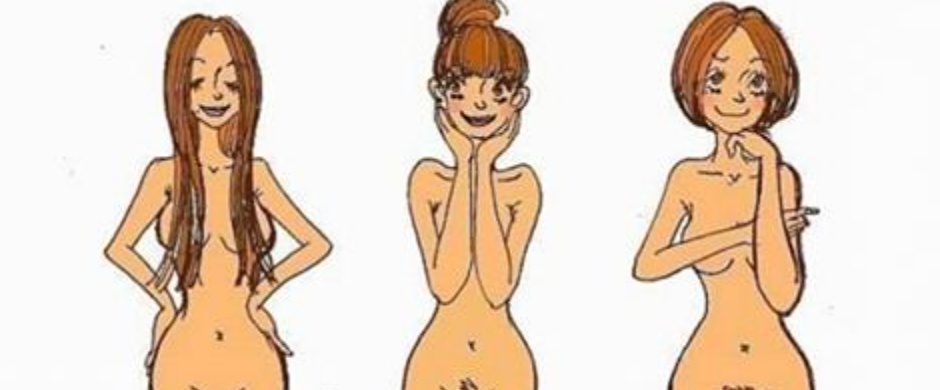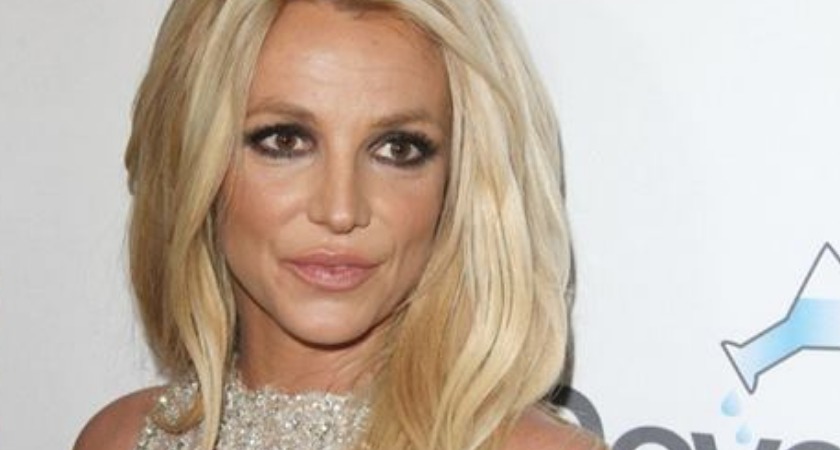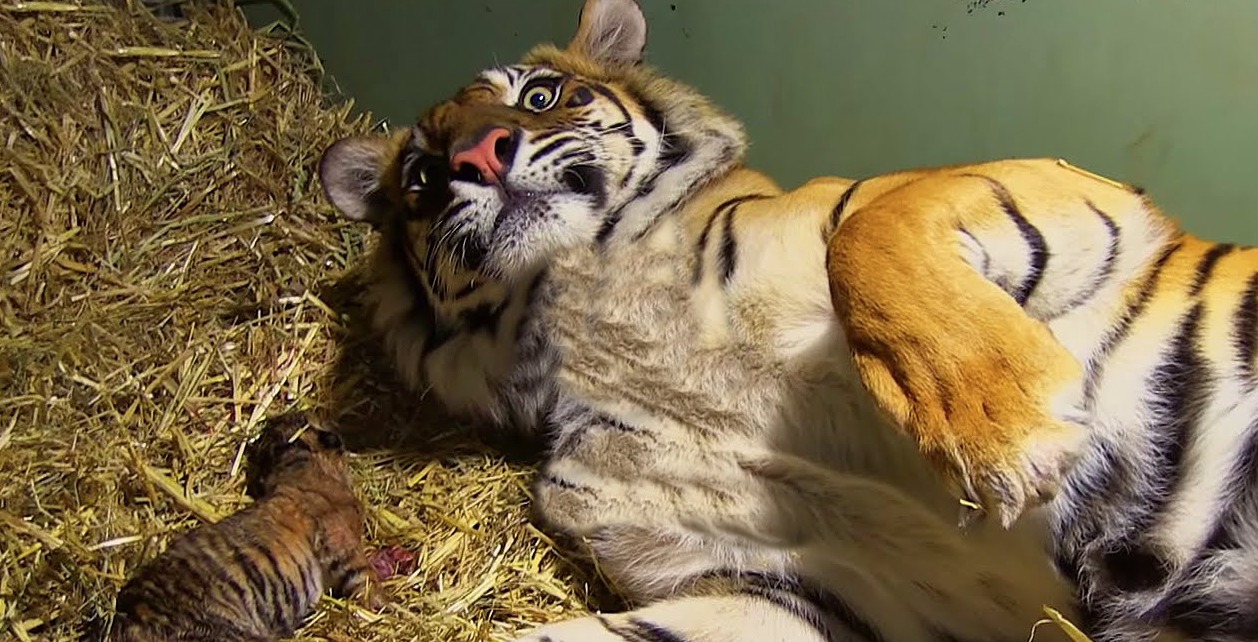Lauren cared only for shopping, fashion shows, and luxury vacations, while Michael threw himself into work, climbing the career ladder. By 35, he was one of Pittsburgh’s most sought-after plastic surgeons, trusted by celebrities and politicians. His discretion—never revealing clients’ identities—was as valued as his skill.
Yet, even his beloved work grew stale. Michael longed for family, warmth, children—things he lacked. He begged Lauren to start a family, but she refused, taking birth control to preserve her figure and avoid sleepless nights. Content with her wealthy, glamorous life, she didn’t care that their marriage lacked love or intimacy. For Michael, this existence became unbearable, his loneliness crushing.
Driving through the Pennsylvania storm, the old song on the radio stirred his heart so fiercely he nearly wept. Thirst overwhelming him, he spotted a small farm stand by the road. A young woman, about 20, stood there, shivering in a scarf, selling milk and cheese. On impulse, Michael thought, “Why not buy some fresh milk? It’s been ages.” He pulled over, stepped out, and greeted her warmly:
- Hey there, miss. How much for the milk? Is it fresh? I’m parched—let me grab a bottle.
She smiled brightly and replied:
- Take some, it’s a great deal. I milked it this morning—sweet as can be, you’ll love it.
Handing him a glass bottle, she chatted about their clever cow. As Michael reached for his wallet, he noticed a watch on her wrist—not just any watch, but the antique one he’d given Emily for her birthday. His heart stopped. Trembling, he asked:
- Miss, can I see your watch up close? Where’d you get it? There should be an engraving on the back: “To my Emily.” May I check?
He vividly recalled Emily’s joy when he gave her the watch—delicate, adorned with tiny gems and a gold chain-link band. She hadn’t known its value, and he’d never told her. The young woman pulled back, eyeing him warily:
- Don’t touch me! Who are you? Some creep? Why do you care about my watch? I’ll scream!
Michael quickly pulled out a business card and handed it to her:
- I’m so sorry, I didn’t mean to scare you. I’m Dr. Michael Bennett, a plastic surgeon, on my way to a conference. That watch—it’s special. I gave one just like it to my fiancée years ago. She disappeared, and I’ve never stopped missing her. I need to know if it’s the same one. It’s one-of-a-kind. Maybe you know Emily? Please, help me find her.
Relieved, the young woman removed the watch and handed it to him:
- Okay, fine, look. I’m Sarah. A little girl gave me this watch as a thank-you. It’s a long story, though—you’re probably in a rush.
Michael’s hands shook as he turned the watch over and saw the engraving: “To my Emily.” His eyes welled up. These were Emily’s watch. Choking back emotion, he said:
- I’ve got time. This means everything to me. Tell me, please. Come sit in my car—it’s warm. You’re freezing out here.
Sarah, grateful for the warmth, climbed in, stretching her legs toward the heater, and began:
- I don’t know where to start. It was about six months ago, maybe last fall. I came back early from morning milking and found something odd in our guesthouse. Crumbs on the table, an almost-empty can of beans, and a half-eaten pickle. The window was cracked open, like someone aired the place out.
It was weird—Mom’s a neat freak, never leaves a mess. While I was puzzling over it, I heard a rustle and a sneeze from the bedroom. I’ll admit, I freaked out. There’d been burglaries in our town recently. I grabbed a heavy iron shovel and tiptoed to the door, heart pounding, ready for the worst. But then a sleepy, six-year-old girl’s head popped out of the dresser. She was so dirty and disheveled, like a cartoon gremlin. I couldn’t help but laugh, relieved.
The kid rubbed her big eyes and whispered:
- Please, ma’am, don’t be mad or hit me. I ate your food—I was starving. I climbed in through the window. I’m an orphan, my name’s Victoria. It’s cold outside, so I hid in your dresser. It’s warm there, and I fell asleep. I’ll leave, I promise.
I felt so bad for her. I said:
- Stay, don’t be scared. I’ll clean up; Mom’s coming soon. Wanna help?
Before I could finish tidying, Mom walked in. Seeing Victoria, she gasped:
- Well, I’ll be! Where’d you come from, sweetie? Sarah, is she with you?
I explained everything. Mom listened closely, then asked Victoria:
- How’d you end up in foster care? Why’re you running?
Victoria cried, wiping her nose, and said:
- My mom died when I was a baby; I barely remember her. They sent me to a group home, but it’s awful. Older kids steal my food, hit me, lock me in the basement. I’m scared of rats and spiders, crying all night, and they laugh. Recently, some girls ran off to steal apples in town, and I went with them. We ate our fill, didn’t get caught. Now I ran away alone. I tried climbing your tree, but I couldn’t. So I came through the window, ate your food, and fell asleep. Please don’t be too mad.
Mom hugged her tight and said:
- Why would we scold you, honey? You didn’t climb into our home for fun. I’m heartbroken for you, Vicky. You’ll get lost out there alone.
- Here’s the deal, stay with us for now, rest from that group home, I told her. I can’t promise gourmet meals, but we’ve got fresh milk, hot oatmeal, and a warm bed. Deal? We’ll figure out the rest.
Victoria’s face lit up, and she stayed. Over time, I grew so attached, she felt like my own daughter. She’s smart, kind, quick. I taught her to read and count a bit. She loved fairy tales, especially Cinderella—begged me to read it every night.













